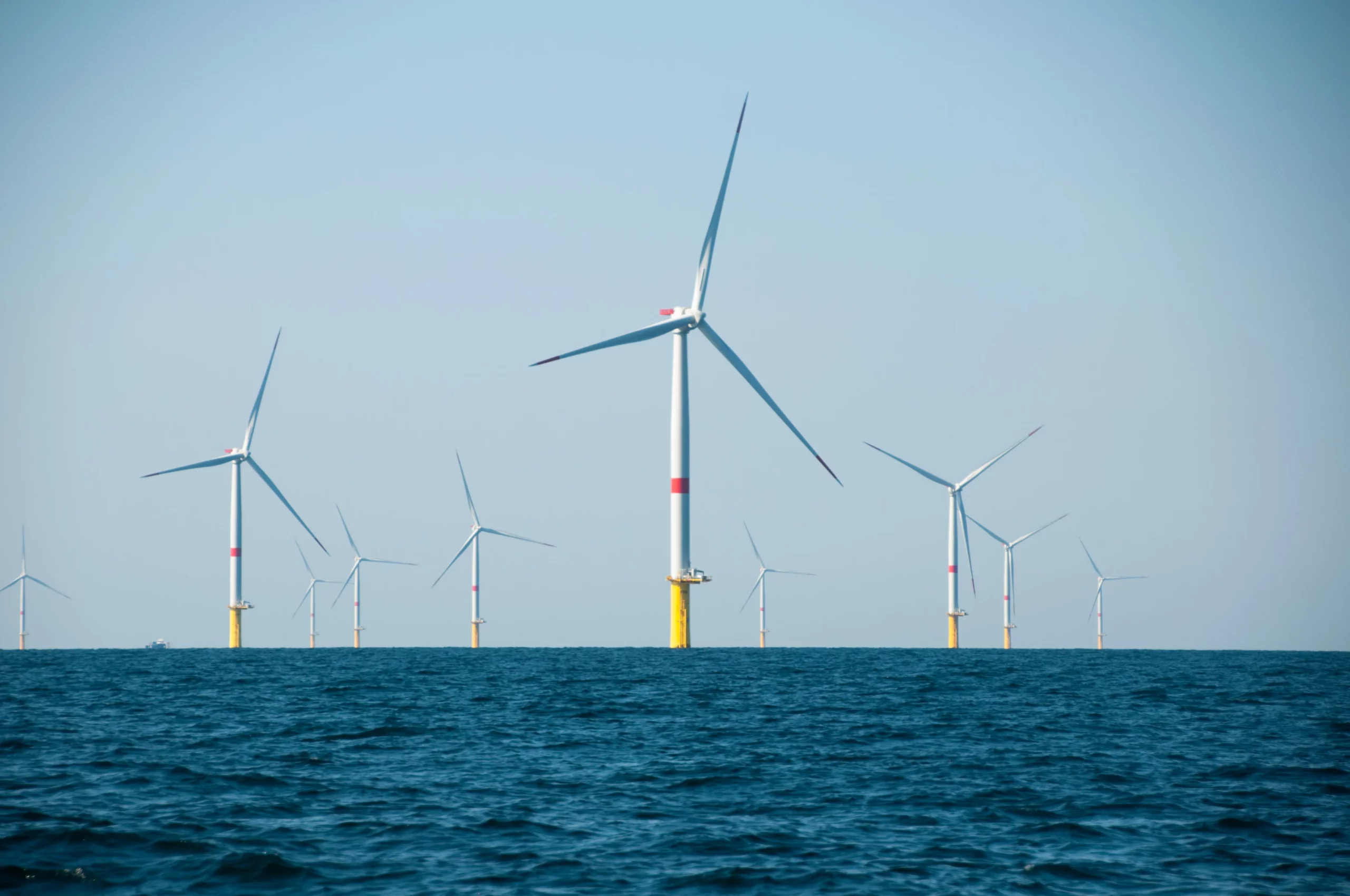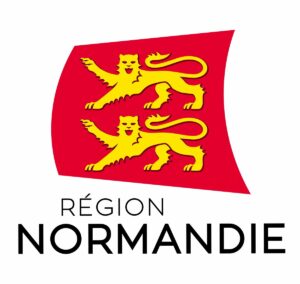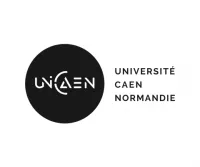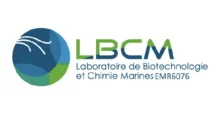ECOCAP is a research and development programme on the environmental integration of marine renewable energies (MRE), coordinated by France Energies Marines (FEM). The project aims to evaluate the chemical risk posed by substances released into the marine environment from cathodic protection systems (using galvanic anodes – GACP – or impressed current systems – ICCP) and anticorrosion paints. These protective technologies are widely used in all industrial sectors operating in the marine environment, including port infrastructures, transport vessels, and offshore oil and gas platforms.
With the rapid expansion of offshore wind energy in France, concerns have arisen regarding the potential environmental impacts of cathodic protection systems, prompting attention from both public authorities and civil society. As a result, there is growing demand for scientifically validated evidence that these anticorrosion technologies have limited negative effects on marine ecosystems.
For the first time, a comprehensive series of laboratory toxicity tests will be conducted on various marine species representing different trophic levels, in order to evaluate the synergistic or antagonistic effects of the chemical mixtures released from GACP and ICCP systems on marine organisms. In parallel, a hydrodynamic model will be applied to multiple case studies of MRE sites to simulate the dispersion of released elements in the marine environment.
The collected data will support a chemical risk assessment following the REACH technical guidance (Registration, Evaluation, Authorisation, and Restriction of Chemicals), as outlined by the European Chemicals Agency (ECHA, 2016). These results will further inform a holistic evaluation of the impact of contaminants on marine food webs. To this end, a trophic transfer model will be adapted to study the bioaccumulation of contaminants, with an initial focus on aluminium derived from galvanic anodes.
The project will deliver a recommendation report for the MRE industry, outlining best practices for anticorrosion protection of offshore infrastructures. Additionally, ECOCAP will contribute to the development of new standardized protocols for environmental impact assessments, providing the MRE sector with enhanced tools for assessing marine water quality.



